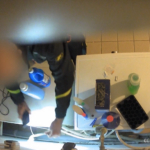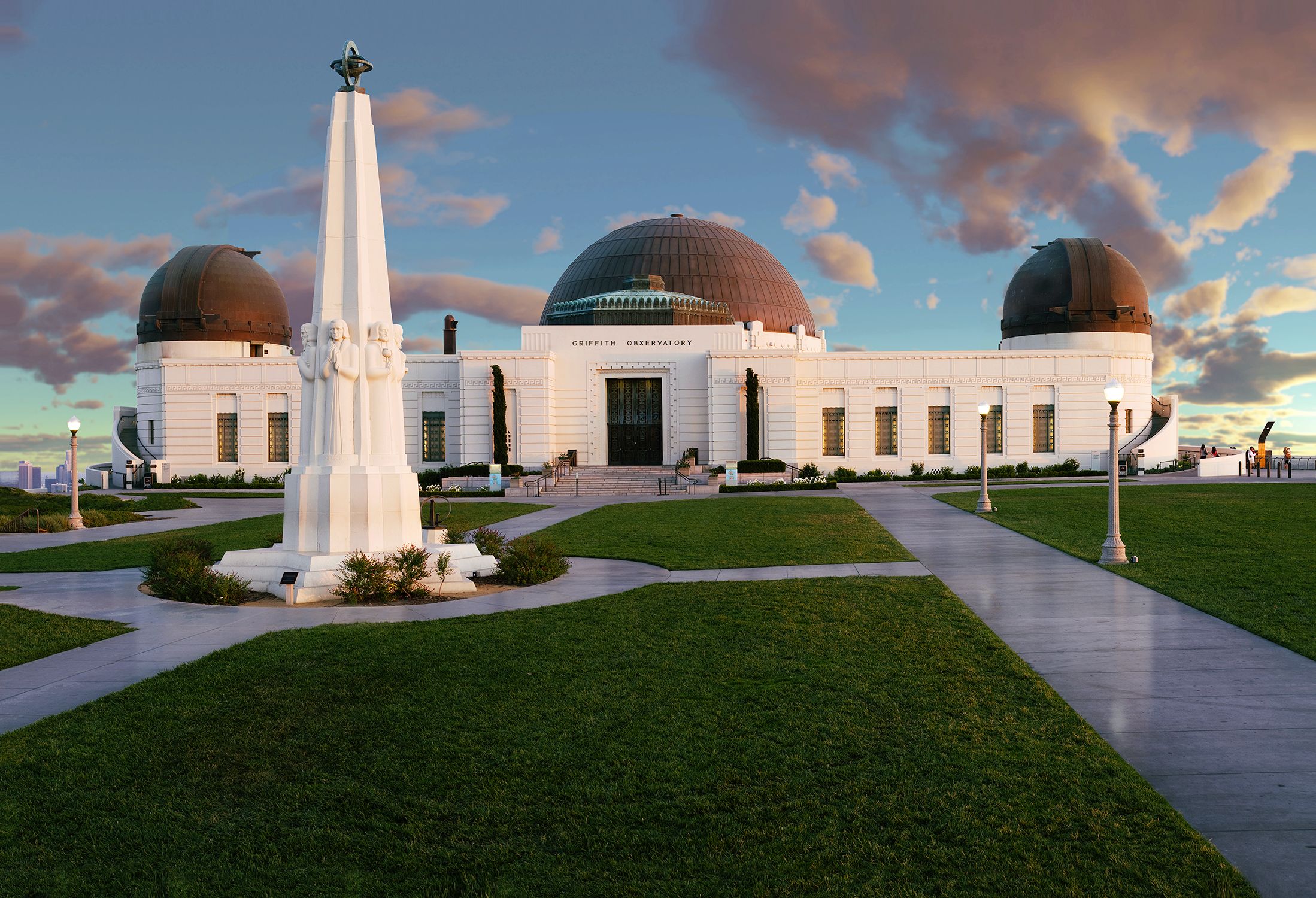Griffith Observatory in Los Angeles recently premiered its latest award-winning show, “Signs of Life,” in the Samuel Oschin Planetarium.
The new immersive program thrusts viewers into the driver’s seat of discovery: illuminating the nature of existence on Earth and exploring where one might look for life elsewhere in the universe.
To put forth an authentic, amusing and engaging immersive experience, Re-recording Mixer Michael Phillips Keeley turned to NUGEN Audio’s Halo Upmix plug-in.
Since he worked on “Signs of Life” in the midst of the pandemic, Keeley had to figure out the most beneficial way to translate the sound from his Dolby Atmos 9.1.4 speaker setup at his Sound Striker studio to the 28.1 system at the observatory.
Having previously used NUGEN, he knew the brand would help him deliver exactly what he planned.
“This was an absolute dream project to work on, but it was also the most challenging, as I had to figure out how to upmix my 7.1.4 mix to a 28.1 surround system,” says Keeley.
“Additionally, ‘Signs of Life’ is presented live by as many as 12 different narrators throughout the week, so we had to get the mix just right to ensure it would be dynamic while also supporting each of the presenters.
“Since the mix can go from a quiet whisper to a sonic boom within seconds, each narrator goes through more than 50 hours of rehearsals with a performance director to lock down their timing.
“The show is more of a performance than a film as it gives visitors a unique experience every time.”
Another key aspect Keeley had to consider was the domed shape of the Samuel Oschin Planetarium, which can be a great challenge.
“A dome with speakers surrounding each other along with a live narrator can be one of the worst acoustic environments to mix in because it’s spherical,” he explains.
“Since the dome was acoustically treated and has top-of-the-line equipment, it made the challenge a little less daunting. This helped translate the details very well from my Dolby-calibrated home stage to the Samuel Oschin Planetarium.”
Besides the quality of the translation, it was also important for Keeley to create a memorable experience through his immersive mix, for which NUGEN played a role.
“We kept all the music up in front of the audience, and then used Halo Upmix to help spread it around the room and give it an immersive feeling as if you were listening to a live orchestra.
“We also have several instances where there are solo instruments and sound effect elements that fly around the room as the sounds follow visual elements to give the audience an additional immersive experience.”
With previous Samuel Oschin Planetarium shows having been presented to over five million people from around the world during the last 16 years, Keeley and the Griffith team hope “Signs of Life” will be equally as successful and timeless.
Additionally, the state-of-the-art 8K 60fps animated visuals, custom Zeiss Universarium Mark IX Star Projector, original music score, live narration and immersive audio played through the 28.1 Meyer Sound PA system, ensure that the latest 35-minute experience captivates viewers’ imaginations and launches them straight into the cosmos.
“Signs of Life” is currently running at Griffith Observatory. Others who worked on the project include the audio production team: Sound Designer Jon Schell; Composers Dan Radlauer, Alan Ett and Scott Liggett; and Producers Bob Niemack and Dawn Fidrick.
To learn more about the immersive exhibit, visit: https://griffithobservatory.org/planetarium/signs-of-life/.
For more information about NUGEN Audio products, visit: https://nugenaudio.com.






